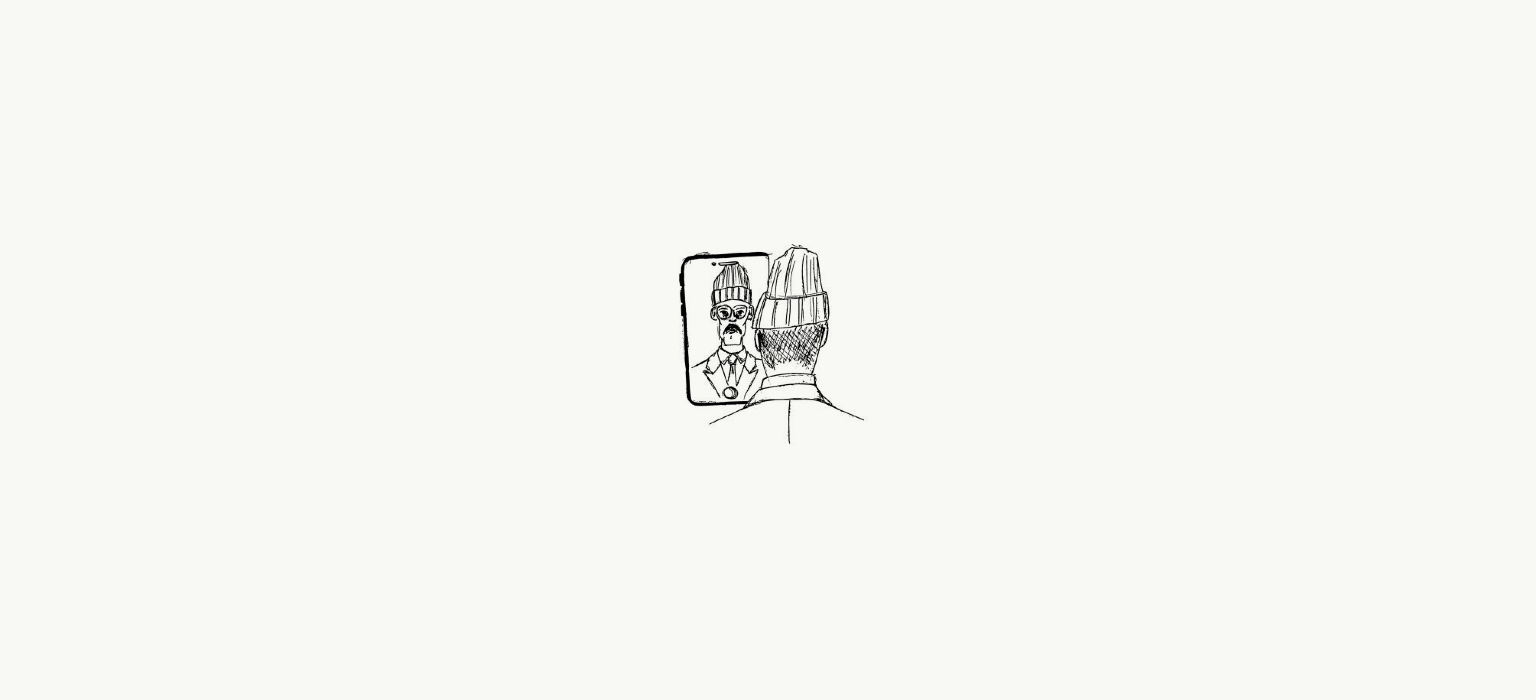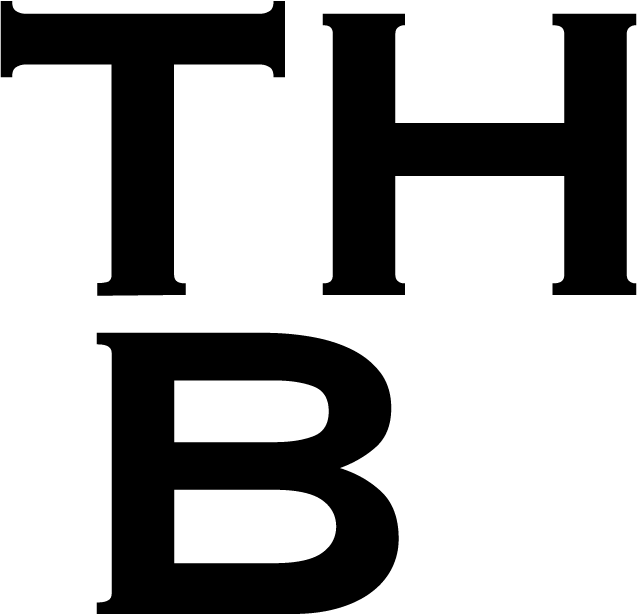
On doing the right thing
These last few weeks I had to stay home, not only because of the quarantine; I had an accident and was therefore not allowed to move; not even allowed to work smartly. Instead of feeling immobile, I decided to really get something out of it: to read books I have not touched for a while, to draw, to write and most of all to consciously do nothing… idleness, finally time to think!
I used to be a human being *
At least that was the plan. Unfortunately in these fast paced times of multi-tasking, of hyper-connectivity and hyper-information it becomes a habit, a addiction to be occupied. Managers often pretend to get more things done in less time than they actually really do. Students commonly feel obliged to know everything, without taking the needed time of learning it beforehand, et cetera. There is a steadily felt need to check emails or to browse through Instagram, to binge watch an entire season on Netflix, Youtube or Amazon, just to get an excuse to stare at a screen. There seems to be an absolute need to be occupied, to never have any time left to waste.
In her book about the concepts of Heidegger’s philosophy, his Dasein and being bored, Céline Belloq calls this “the escape into the false tranquillisation and an inauthentic life. (…) The accomplishment of different tasks requires such important contribution of us that we do not feel the need to reflect about ourselves and our preoccupations anymore.”
I would prefer not to **
As Bartleby in Herman Melville’s eponymous short story so rightly says. This citation has sort of become my mantra during these last days. Although my daily schedule and my dressing habits have not changed, my occupation and what I get out of a day, on the other hand, has drastically:
I have cancelled all applications linked to social media, news or streaming from my phone. I have preferred planning my last few weeks around a well edited pile of physical books, multiple daily newspapers in four different languages, specific audio books and a lot of eclectic non-pop music. I have spent a lot of time sitting on benches, chairs, stools or lying on couches. I have tried really hard not to do two things at the same time. Mike Erwin’s article on the Harvard Business Review from October 2017 says, that “Research by the University of London reveals that our IQ drops by five to 15 points when we are multitasking. In his book, Your Brain at Work, David Rock explains that performance can decrease by up to 50% when a person focuses on two mental tasks at once. And research led by legendary Stanford University professor Clifford Nass concluded that distractions reduce the brain’s ability to filter out irrelevancy in its working memory.”
You possibly manage the wrong things in the right way ***
My forced physical immobility has shifted my paradigm. I do finally have the time to look at the bigger picture. I can ultimately chose not be influenced and disturbed by “urgent” but completely unimportant emails or phone calls. I can read and learn things, connect them and at last come up with a real idea, a strategy. I can run a business. Really and actually becoming Smart takes more time, than what it takes an management or HR consultant to put the word “smart” in front of a noun or a verb.
It isn’t what happens to us that affects our behavior, it is our interpretation of what happens to us. What we do with it and how we look at it.
Stephen R. Covey
In the long run to deeply and seriously look at things, tasks, ideas or relations, much more than time, what is needed, is a lot of energy, attention and focus. I have started to look at what is important, rather than what is pressing and urgent. Understanding first what is right and only after starting to think on how to do it right, I owe it to myself and to my team, once I am allowed back in the office.
References:
* Sullivan, A., I used to be a human being. (2016), New York Magazine
** Melville, H., Bartleby, Penguin Books
*** Covey, St. R., The 7 habits of highly effective people. (1999), Simon & Schuster
Original Cit. in French: “La fuite dans la fausse tranquillisation et la vie inauthentique…” (page 17), Belloq, C., Etre soi avec Heidegger. (2019), Editions Eyrolles
Original Cit. in French: “L’accomplissement de tâches diverses exige de nous un tel investissement que nous n’avons plus besoin ensuite de penser à nous ou à nos préoccupations.” (page 17), Belloq, C., Etre soi avec Heidegger. (2019), Editions Eyrolles
Erwin, M., In a Distracted World, Solitude Is a Competitive Advantage. (2017), Harvard Business Review

